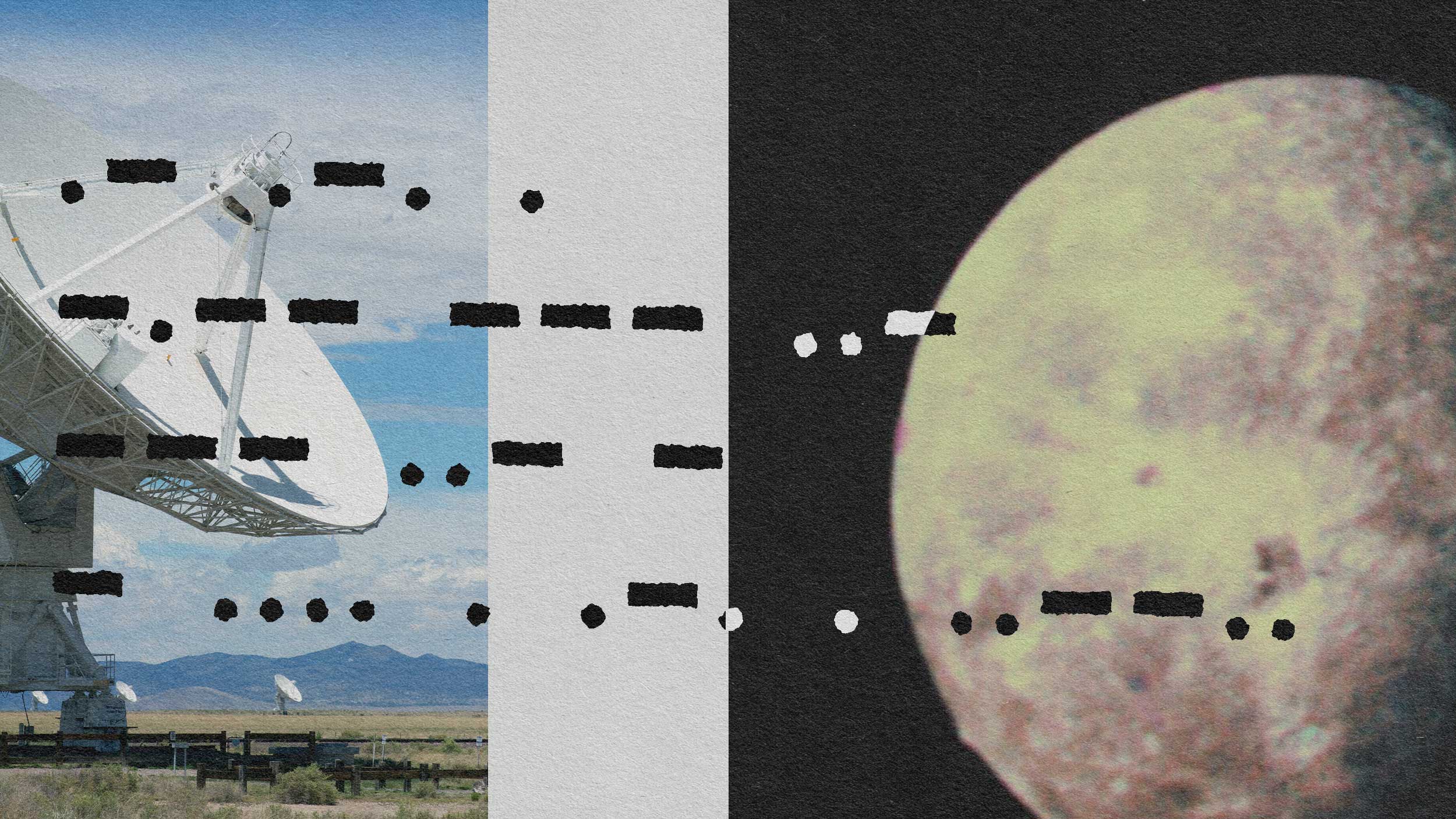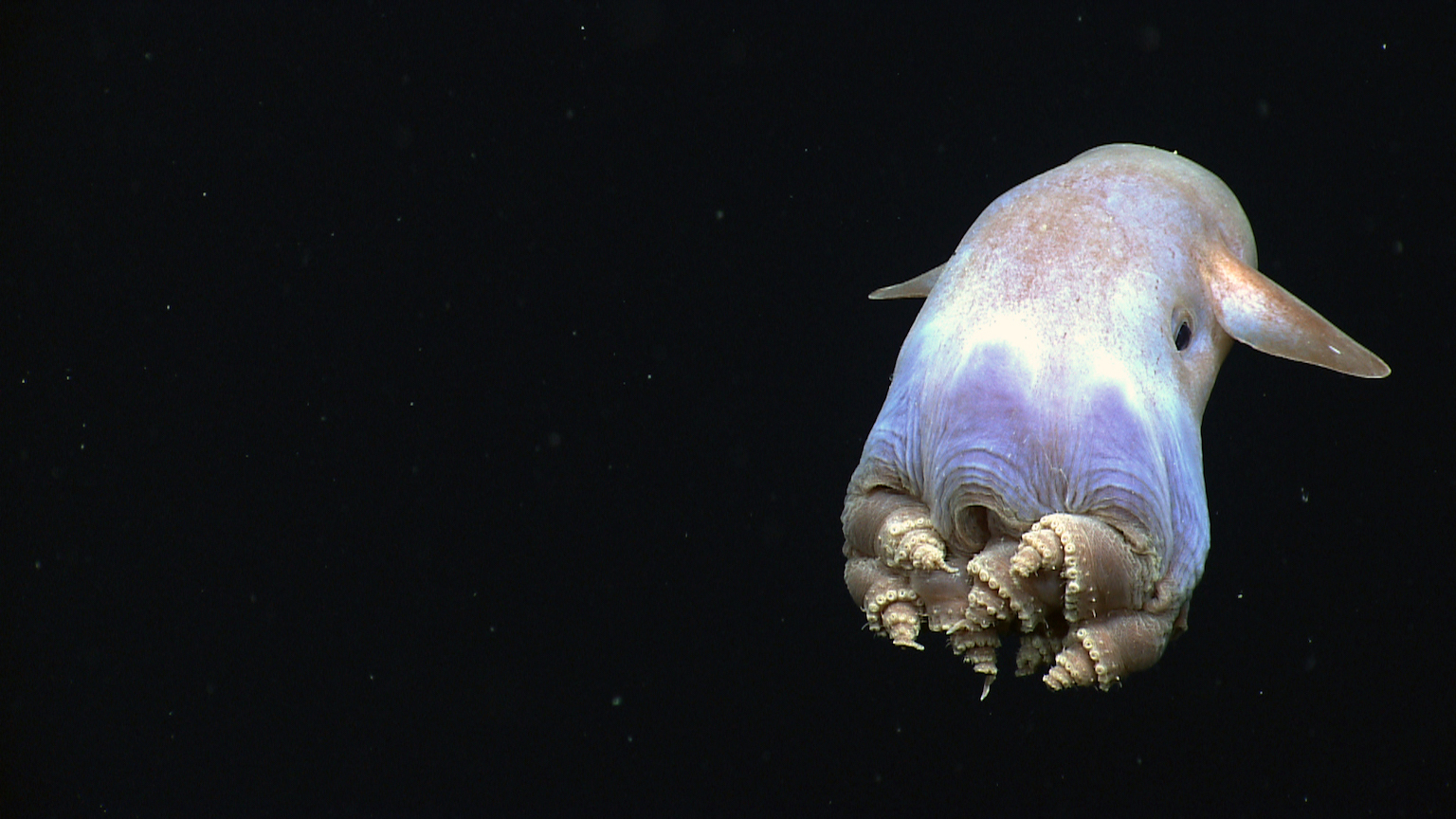Could our first alien contact be with intelligent spiders?

- The novel Children of Time by Adrian Tchaikovsky explores the outcome of an evolutionary experiment gone awry, leading to the rise of intelligent, spacefaring spiders instead of monkeys, challenging human notions of intelligence and evolution.
- Real-world spiders, with their diverse species, complex behaviors, and even problem-solving abilities, provide a plausible backdrop for imagining such intelligent life, highlighting their potential for evolutionary leaps under the right conditions.
- The concept of encountering extraterrestrial intelligent spiders challenges human biases and fears, probing the limits of our empathy and the potential for recognizing and valuing intelligence in forms vastly different from our own.
In Adrian Tchaikovsky’s 2015 science fiction novel Children of Time, a planet-wide evolutionary biology experiment goes wrong. Well, wrong from a human perspective. Instead of creating intelligent monkeys, the experiment results in intelligent spiders that become spacefaring. A creepy idea for many of us. So how real is the possibility of intelligent extraterrestrial spiders? Could we expect aliens to be that different from the humanoids so often portrayed in science fiction movies, especially those of the 1950s, as well as in UFO/UAP reports?
There is an amazing diversity of spiders (order Araneae) on our planet. More than 50,000 species are known, and they’re found on every continent except Antarctica. Spiders interact with the world in sophisticated ways. Some can read subtle frequency variations in the vibration of their webs, while others can travel great distances using electrical fields in the atmosphere. Most spiders use silk webs to trap their prey, but not all do. Trapdoor spiders and many tarantulas ambush predators by hiding in burrows that can open and close like trap doors, using silk threads to detect the presence of prey.
While most spiders live solitary lives, quite a few web-building species show social behavior, even banding together in large groups. Colonies of Anelosimus eximius can number up to 50,000 individuals. They share brood care and cooperate to capture prey, which lets them trap much larger creatures than a single individual could manage on its own. One remarkable species, the jumping spider Bagheera kiplingi, lives in small colonies that share the duty of protecting eggs and spiderlings. Amazingly, these particular spiders are herbivores, getting more than 90 percent of their food from plant material.
In his novel, Tchaikovsky imagined the jumping spider Portia becoming intelligent, eventually overpowering humans in a war on the spider’s planet of origin. In real life, Portia spiders are well known for their intelligent hunting behavior and ability to problem-solve and improvise. They can make detours to find the best attack angle against dangerous prey, even when the detour takes them out of visual contact with the prey. Sometimes the detour leads them to rappel down a silk thread and bite the prey from behind. Even more impressive, they can later remember the improvised techniques that led to success.
Duane Harland and Robert Jackson from the University of Canterbury in New Zealand have likened jumping spiders to an eight-legged cat since they’re able to locate, track, stalk, chase down, and leap on active prey, guided by their excellent vision (spiders have eight eyes). Amazingly, they do this with fewer than 100,000 neurons (compared to our 86 billion neurons) and a brain smaller than the head of a pin! Their tiny bodies would make them no match for humans in a fight, of course, but in Tchaikovsky´s novel, they grow in successive generations to about one meter in length: 100 times their normal size. This happens in part due to biological engineering (an implanted nanovirus) that boosts their size as well as their intelligence. However, large increases in size are not that unusual in nature. After the asteroid impact that caused the demise of the dinosaurs, many of the surviving mammals grew to enormous size. Certain mammals (us, for example) even became intelligent.
You don’t have to be a true arachnophobe to consider spiders unattractive. As mammals, we find almost everything about them alien and unsettling: the way they communicate with their palps (mostly by vibrations and smell), their scuttling movements, the too-many eyes, and the way they inject venom into their prey and feed by liquefying their victim’s innards and sucking them up. Not to mention female spiders’ habit of eating males after mating (in Tchaikovsky’s novel, male Portias were the oppressed gender). None of this engenders positive feelings toward spiders. But they’re fascinating nevertheless.
Spiders as intelligent extraterrestrials
Might we then reasonably imagine a race of giant, intelligent spiders on some distant planet? I don´t see why evolution couldn’t go that route. The ones on Earth already have intelligence and complex communication. Some even use tools, and they have some level of sentience, or at least that’s what I felt when a tarantula crawled up my arm once at the El Paso Zoo! If, given enough time and evolutionary stimuli, a smart octopus can evolve from a simple snail, why not a smart spider from a primitive spider?
Imagine the shock many of us would feel if our first contact with aliens is with a race of giant spider-like beings. Humans instinctively feel more empathy and friendliness toward life forms we’re closely related to. Consider a bear compared to a tarantula. A bear is far more dangerous, but we make them into cuddly toys for kids (conveniently leaving out the teeth and claws). Maybe it’s that we find it easier to read a bear’s emotions than that of a tarantula. But if a scenario like Tchaikovsky’s ever comes to pass, humanity will find out how far we’ve come in accepting diversity. Would disgust overpower our ability to appreciate — and communicate with — fellow intelligent creatures?





